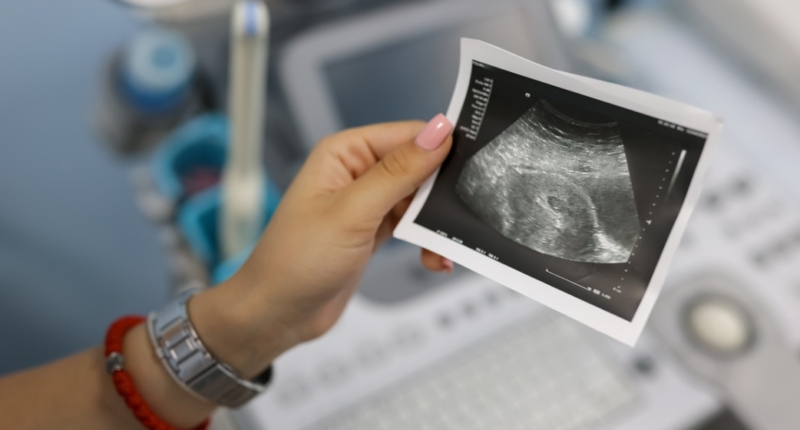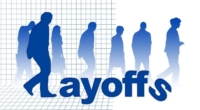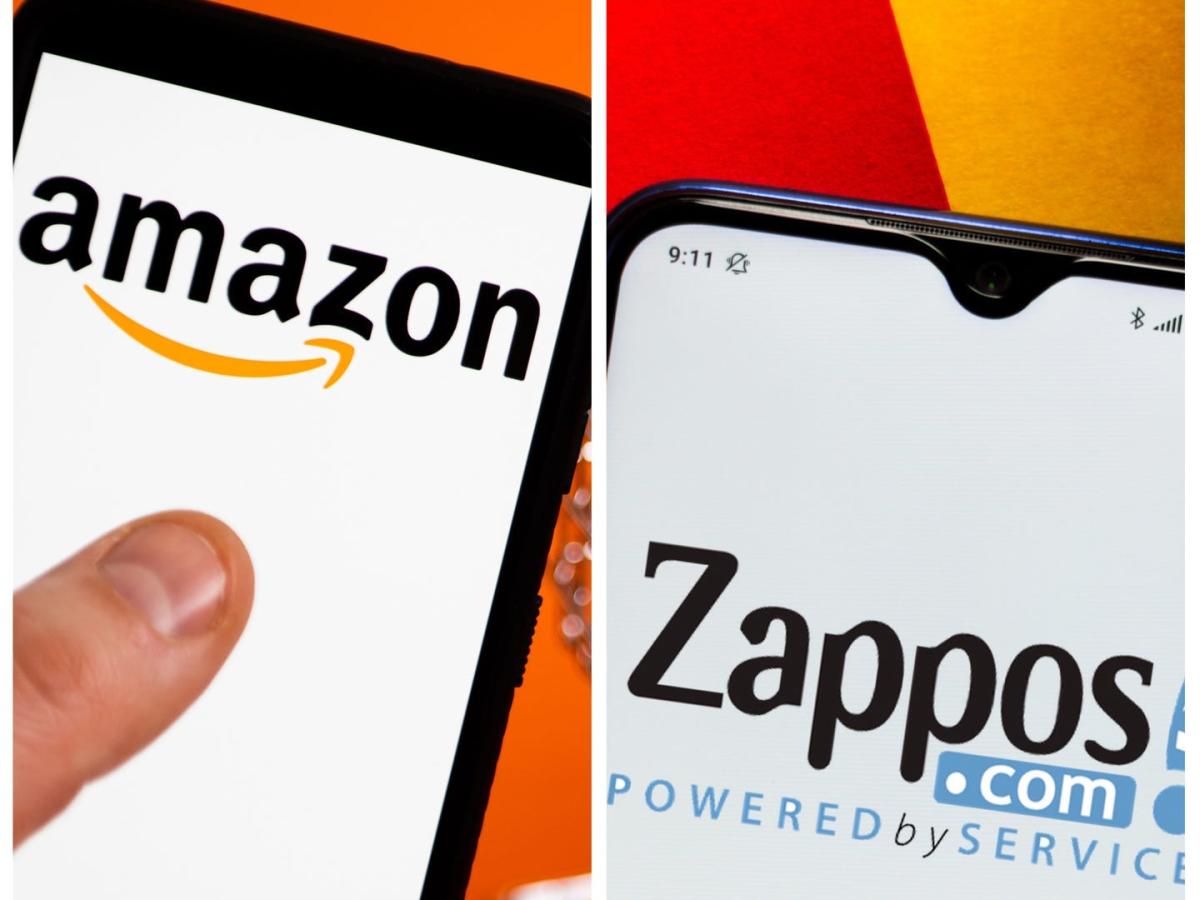Regulation of donor conception in Australia varies across states, with Victoria having the most expansive legislation that allows donor-conceived people to prospectively access their donor’s identity. States with no legislation apply the NHMRC Ethical guidelines on the use of assisted reproductive technology in clinical practice and research. In Queensland, the government has accepted all the recommendations of a parliamentary inquiry that would provide donor-conceived people with greater access to their genetic history.
Identity formation and consanguinity are crucial issues for donor-conceived people, and access to genetic origins is vital to enhancing their well-being and managing their health appropriately. Donors are not afforded the same rights as donor-conceived people, with most states entitling donors to an “audit” of their donor offspring.
Globally, Victoria is the most progressive jurisdiction in regulating donor conception, with only Switzerland having retrospective legislation that turned out to be empty. In the United States, there is currently no regulation or register for donor conception, while the Netherlands focuses on facilitating sibling connections.
The regulation of donor conception in Australia – Law Society Journal.
The regulation of sperm and egg donations in Australia differs from state to state, with Victoria, SA, WA, and NSW having established centralised donor registers. In contrast, both Queensland and Tasmania currently have no legislation governing donor conception.
Professor Fiona Kelly, an expert in family and health law, explains that there is no centralised national donor register in Australia because health is primarily a state power under the Constitution. Creating a national register would require all states to pass the same legislation or hand their power over to the Federal Government, which lacks the authority over health.
In states where there is legislation, the rights of donor conceived people are determined by that legislation. Victoria, for instance, has expansive legislation where donor conceived people have had access to their donor’s identity since 1998. In 2016, the law was amended to apply retrospectively, granting all donor conceived Victorians access.
In states without legislation, the National Health and Medical Research Council (NHMRC) Ethical guidelines on the use of assisted reproductive technology in clinical practice and research apply. The guidelines specify that any child conceived after 2004 is entitled to access their donor’s identity when they turn 18. While the NHMRC guidelines are not legally enforceable, they are part of the registration process for clinics, making them quite influential.
The management of central registers also varies across states. In NSW, it is managed by a government department, while in WA and Victoria, it is managed by statutory authorities, which offer other services like counseling. Additionally, WA and Victoria have voluntary registers where people can sign up to meet potential donor siblings, although this is not a legislative right but by mutual consent.
In 2022, the Queensland Government agreed in principle to legislative changes that would provide donor-conceived people with greater access to their genetic history following a parliamentary inquiry. Queensland has had no donor-conception legislation for an extended period.
In summary, the regulation of donor conception in Australia is diverse, and the rights of donor conceived people vary depending on the state they live in. States with legislation tend to provide more extensive rights and services than those without. The NHMRC guidelines apply to states without legislation and specify donor-conceived people’s entitlement to access their donor’s identity at age 18. While creating a centralised national register is a challenge, legislative changes in Queensland are underway to provide donor-conceived people greater access to their genetic history.
Queensland to Enhance Donor-Conceived People’s Well-Being
The Queensland Government has accepted all the recommendations of a parliamentary inquiry that would provide donor-conceived people greater access to their genetic history. The move will see Queensland join other Australian states and territories such as Victoria, SA, WA, and NSW in having a centralized retrospective register process.
Acknowledging that many Queensland couples and individuals had been able to start or extend their family through donor conception, Queensland Attorney-General Shannon Fentiman emphasized the unique needs of donor-conceived people. Access to genetic origins is vital to enhancing their well-being and managing their health appropriately.
After three decades of robust community advocacy, Aimee Shackleton, Donor Conceived Australia (DCA) National Director, welcomed the recommendations, adding that Queensland donor-conceived people have the same rights to their medical and family history as any other Australian. They also have the option for facilitated contact with donors and siblings with mutual consent.
According to Professor Fiona Kelly, an expert in family and health law, knowing one’s medical and family history is crucial for identity formation. The lack of biological history makes identity formation difficult or complicated for donor-conceived people, and they often find that they need the information when they encounter serious illnesses or have their children.
In addition to identity formation, consanguinity is another issue that weighs on the minds of donor-conceived people. Although the risk of having a sexual relationship with a donor sibling is not high, it can still happen. Furthermore, the number of stories where people have encountered donor siblings inadvertently is extraordinary.
While donors are not afforded the same rights as donor-conceived people, most states entitle donors to an “audit” of their donor offspring, which includes the year of birth and sex of the child. In Victoria, donors also have legislative rights to apply for the identity of their offspring with consent requirements. The Victorian law has created challenges in cases where people did not know they were donor-conceived. They often find out from the Victorian Assisted Reproductive Treatment Authority (VARTA) that they were donor-conceived.
Australia is one of the most progressive jurisdictions globally when it comes to regulating donor conception. However, with Queensland’s recent move, they have joined Victoria as sector leaders in the regulation of donor conception.
Regulation of Donor Conception Around the World
According to Professor Fiona Kelly, Victoria is the most progressive jurisdiction globally in regulating donor conception, with only Switzerland having retrospective legislation that turned out to be empty.
The United States currently has no regulation or register for donor conception, with fertility clinics deciding how many offspring are conceived from a single donor. There’s no reporting requirement.
In the Netherlands, sibling connections are the focus, with the government facilitating sibling groups to meet up.
Don’t miss interesting posts on Famousbio










